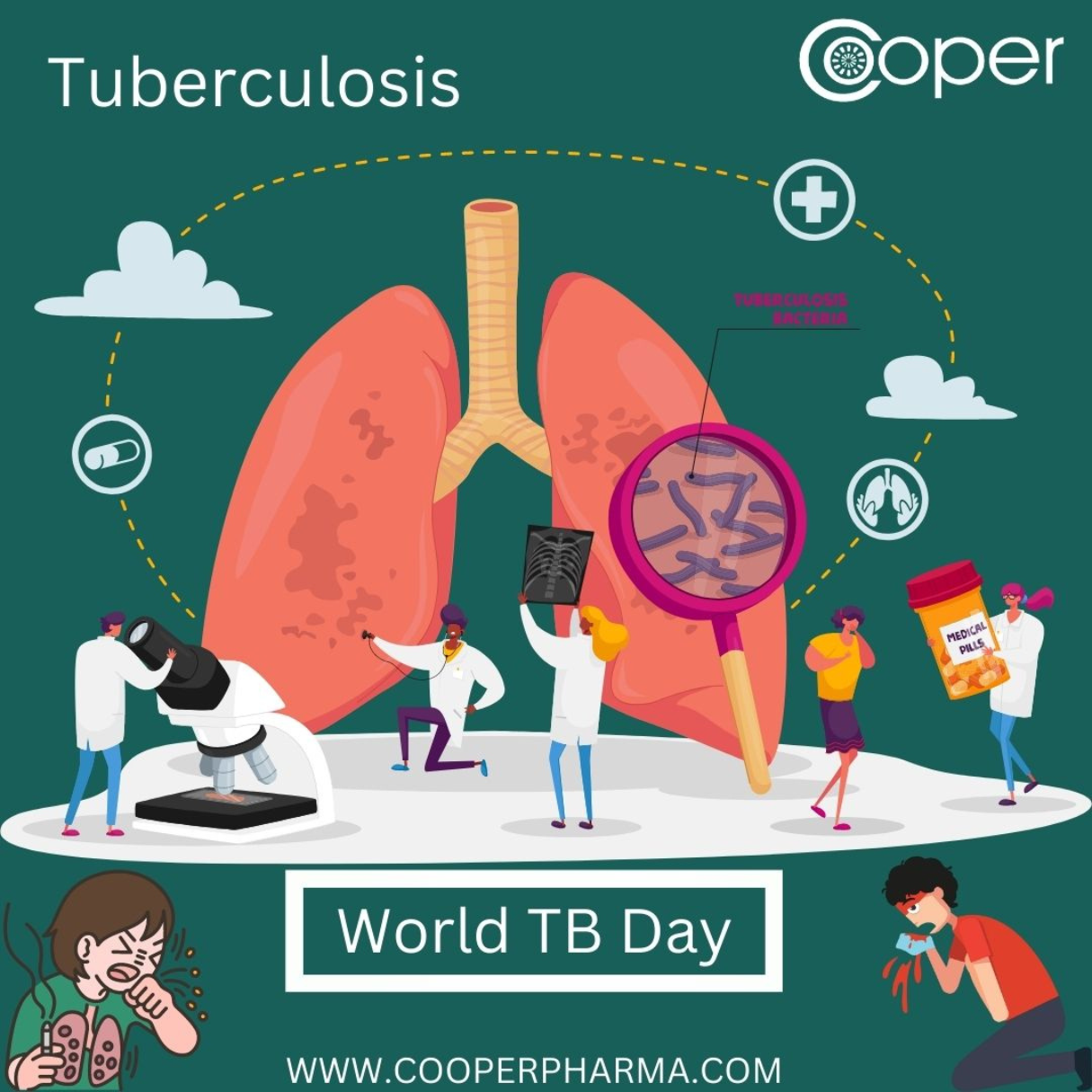The role of regulations and quality control in ensuring that pharmaceuticals meet high standards.
Recent Blog

The role of regulations and quality control in ensuring that pharmaceuticals meet high standards.
Date:- 2023-02-20 10:08:05
The pharmaceutical industry plays a critical role in the healthcare ecosystem, providing patients with access to life-saving drugs and treatments. However, with the global pharmaceutical market projected to reach nearly $1.5 trillion by 2023, the importance of ensuring that these drugs are of high quality cannot be overstated.
One of the primary reasons that high-quality pharmaceuticals are so important is that they can improve patient outcomes. When patients receive high-quality drugs, they are more likely to experience positive health outcomes, such as reduced symptoms, faster recovery times, and improved overall health. On the other hand, when patients receive drugs of lower quality, they may experience adverse side effects or fail to see any improvement in their condition.
In addition to improving patient outcomes, high-quality pharmaceuticals can also help to reduce healthcare costs. When patients receive high-quality drugs, they are less likely to require additional medical interventions or hospitalizations, which can be costly. Additionally, high-quality drugs may be more effective in treating a given condition, meaning that patients may require fewer doses over time, resulting in lower costs overall.
Of course, ensuring that pharmaceuticals are of high quality is no easy feat. There are many factors that can impact drug quality, including the manufacturing process, the ingredients used, and the storage and transportation conditions. As a result, regulations and quality control measures play a critical role in the pharmaceutical industry.
In the United States, for example, the Food and Drug Administration (FDA) is responsible for regulating the safety and efficacy of all drugs sold in the country. The FDA requires drug manufacturers to adhere to strict quality control standards and undergo rigorous testing and inspection to ensure that their products are safe and effective for patients.
Similarly, in Europe, the European Medicines Agency (EMA) oversees the regulation of pharmaceuticals, working to ensure that all drugs sold in the European Union meet high standards of quality and safety.
In addition to these regulatory bodies, many pharmaceutical companies also have their own internal quality control measures in place. These measures may include extensive testing of raw materials and finished products, as well as regular inspections of manufacturing facilities and supply chain partners.
Overall, the importance of high-quality pharmaceuticals in today's market cannot be overstated. Not only do high-quality drugs improve patient outcomes and reduce healthcare costs, but they also help to build trust and confidence in the pharmaceutical industry as a whole. As regulations and quality control measures continue to evolve and improve, it is likely that we will see even greater emphasis placed on ensuring that all drugs are of the highest quality possible.




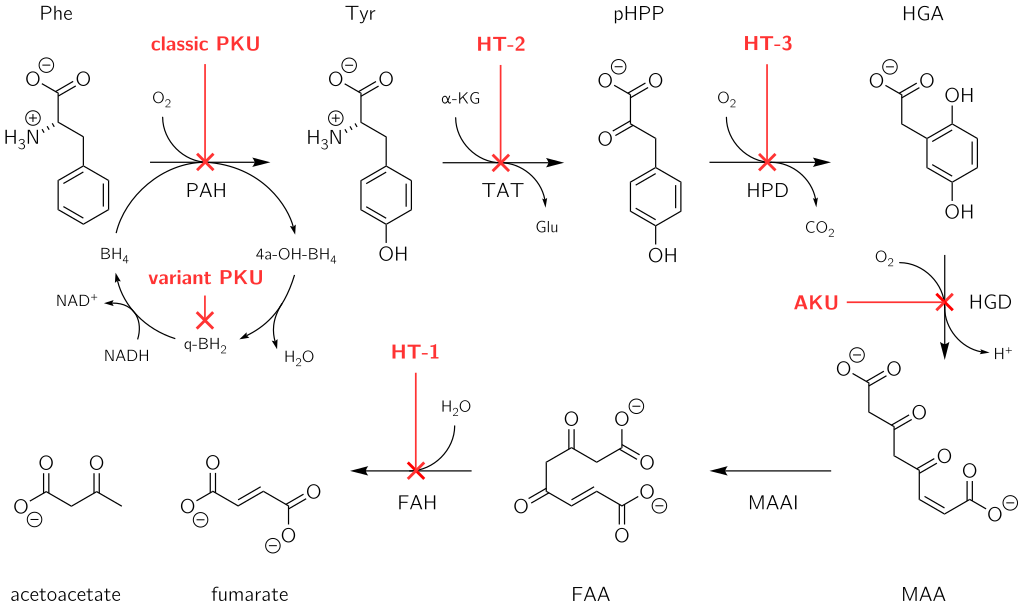

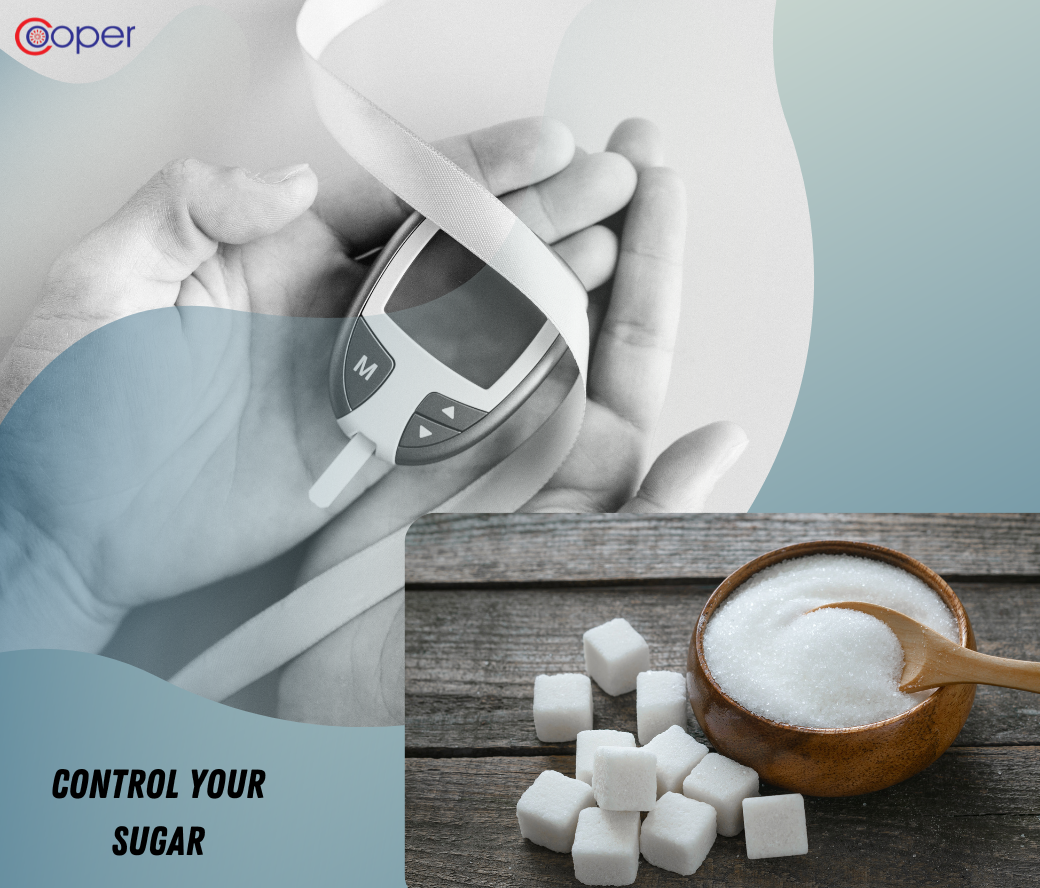


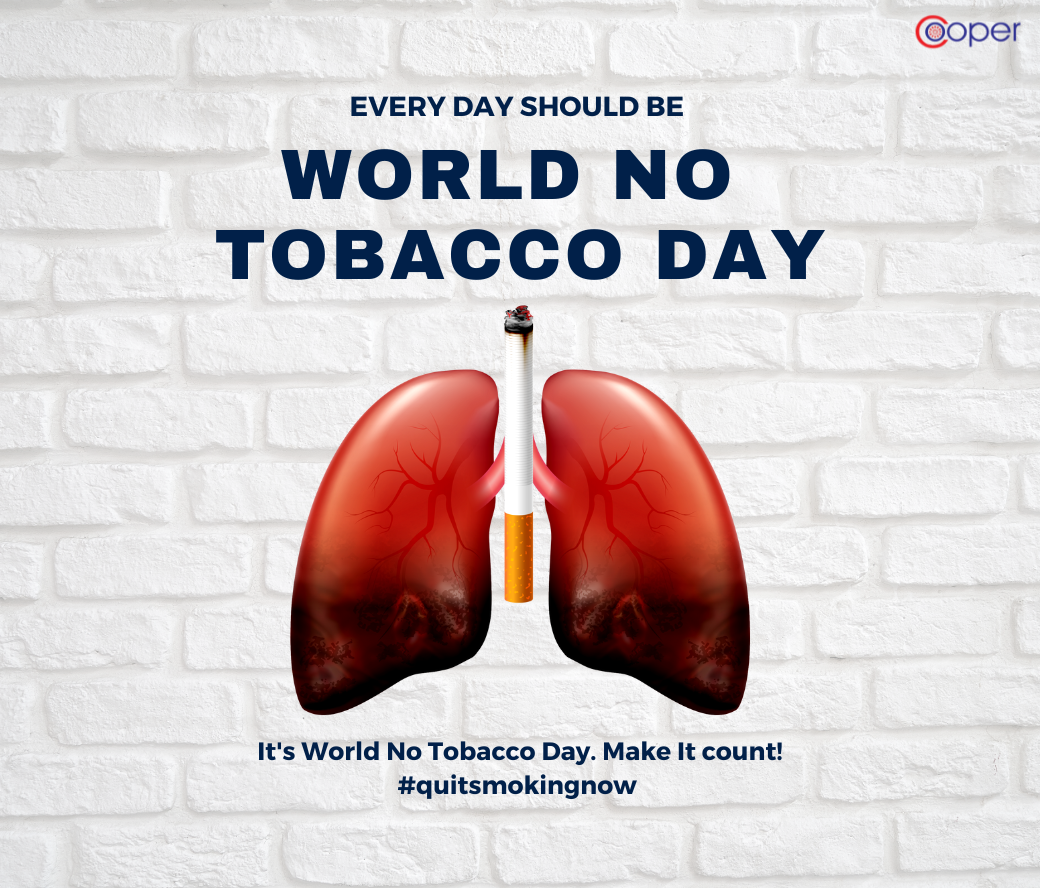
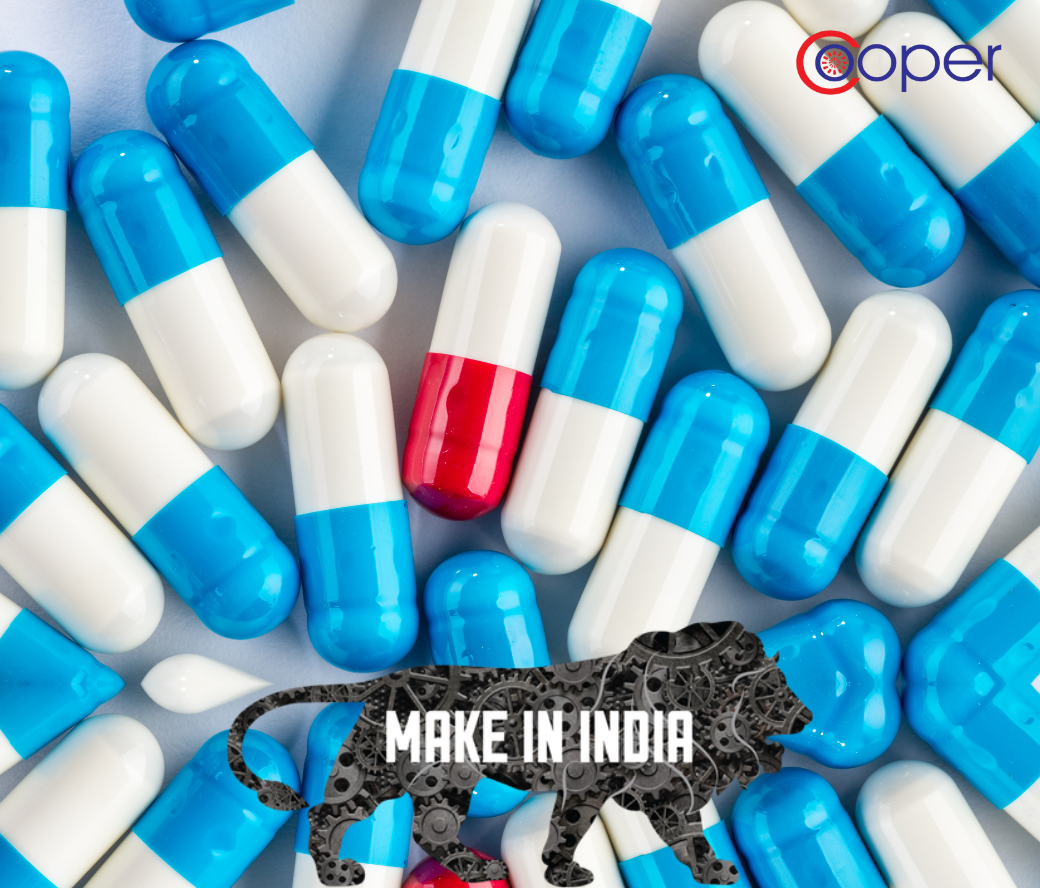
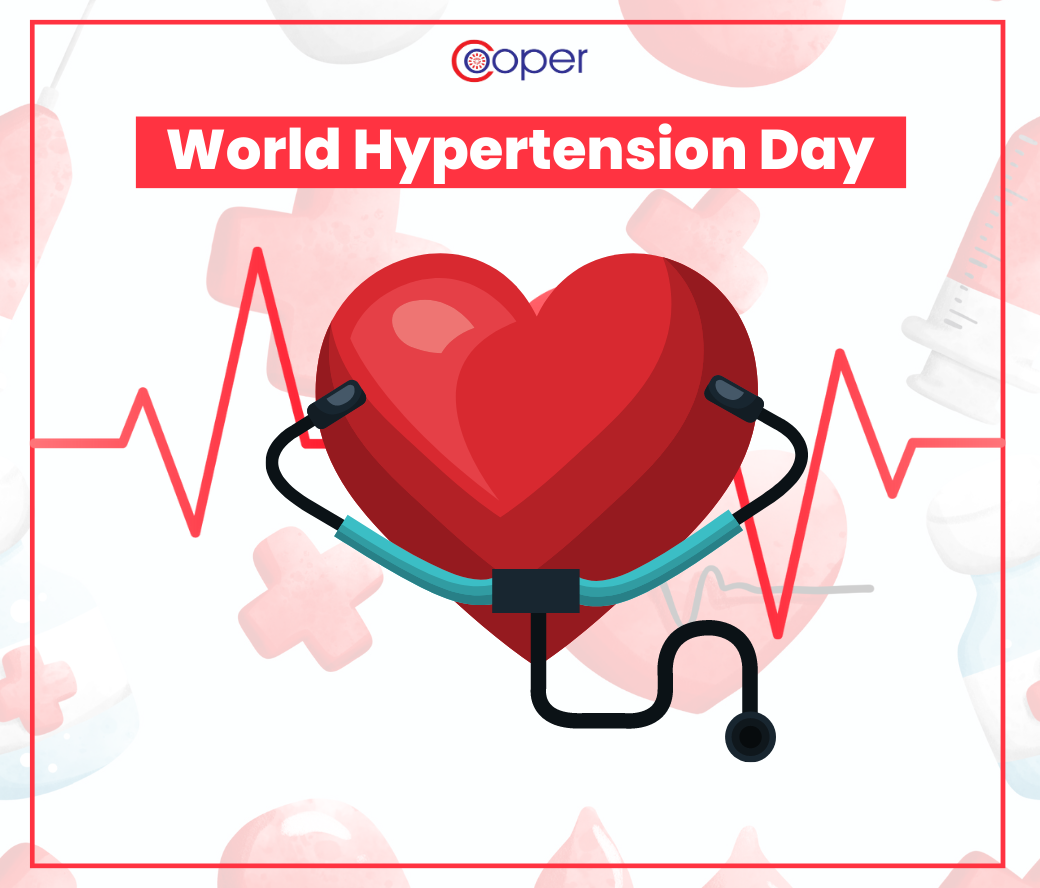







.png)

